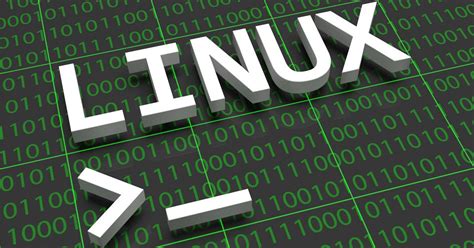
The Linux Truth
Unix was not designed to stop its users from doing stupid things, as that would also stop them from doing clever things.
Doug Gwyn
This quote summarizes the overriding truth and the philosophies of both Unix and Linux – that the operating system must trust the user. It is only by extending this full measure of trust that allows the user to access the full power made possible by the operating system. This truth applies to Linux because of its heritage as a direct descendant of Unix.
The Linux Truth results in an operating system that places no restrictions or limits on the things that users, particularly the root1 user, can do. The root user can do anything on a Linux computer. There are no limits of any type on the root user. Although there are a very few administrative speed bumps placed in the path of the root user, root can always remove those slight impediments and do all manner of stupid and clever things.
Non-root users have a few limits placed on them, but they can still do plenty of clever things as well. The primary limits placed on non-root users are intended to – mostly – prevent them from doing things that interfere with others’ ability to freely use the Linux host. These limits in no way prevent regular users from doing great harm to their own user accounts just as I’ve managed to do on occasion.
Even the most experienced users can do “stupid things” using Linux. My experience has been that recovery from my own not so infrequent stupidity has been made much easier by the open access to the full power of the operating system. I find that most times a few commands can resolve the problem without even a reboot. On a few occasions, I have had to switch to a lower runlevel to fix a problem. I have only very infrequently needed to boot to recovery mode in order to edit a configuration file that I managed to damage so badly it caused serious problems including failure to boot. It takes knowledge of the underlying philosophy, the structure, and the technology of Linux to be able to fully unleash its power, especially when things are broken. Linux just requires a bit of understanding and knowledge on the part of the SysAdmin to fully unlock its potential.
Despite my own too frequent stupidity, I’ve also managed to use Linux to do many interesting and clever things. I’ve written scripts that perform amazing tasks such as performing fast, efficient backups; used free open source software (FOSS), LibreOffice, to write five books — 8 if you consider the 2nd editions as three new books; used more FOSS to set up my own email and web servers; create a computerized A/V system on short notice during COVID to livestream church services; and much more.
There are many clever things that can be done with Linux, many of which can only be done with Linux. If you’re doing something clever with Linux, we’d love to publish your article about it. Read our submission guidelines for more information.
- The root user is the administrator of a Linux host and can do everything and anything. Compared to other operating systems, non-root Linux users also have very few restrictions. ↩︎